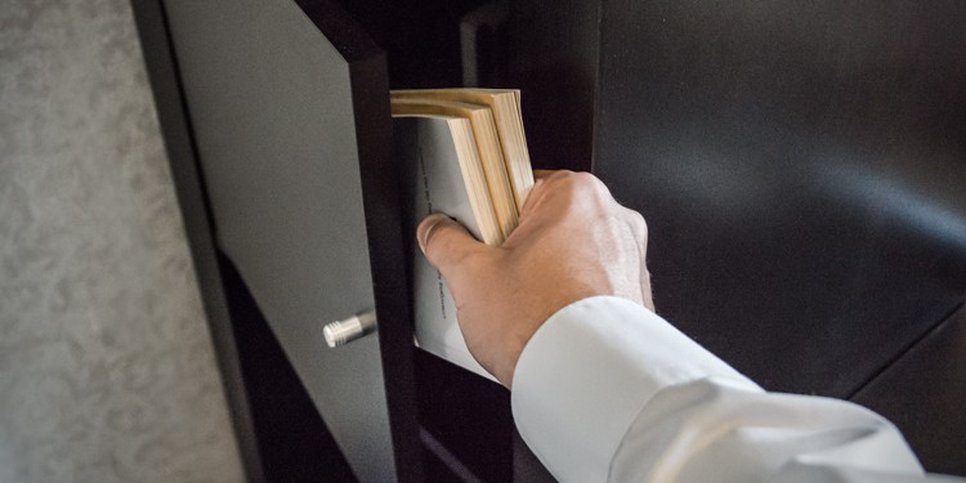Illustrative photo
Illustrative photo
In Stavropol Territory, Law Enforcers Planted Banned Literature on the Believer. Details of Searches in Nevinnomyssk
Stavropol TerritoryDuring searches in the homes of residents of Nevinnomyssk on August 10, 2020, law enforcers planted books on the believer that are included in the Federal List of Extremist Literature (FSEM). Another believer's laptop and phone were seized.
The searches were carried out by officers of the Main Directorate of the Ministry of Internal Affairs of Russia for the Stavropol Territory on the basis of a ruling by the judge of the Stavropol Regional Court, Nikolai Kramchinin, who authorized the "Inspection" to verify information about the involvement of believers in the activities of an extremist organization (part 2 of article 282.2 of the Criminal Code of the Russian Federation). The forbidden literature was planted when one of the witnesses became ill and was taken out into the street.
On the same day law enforcement officers came to another local believer. He told the law enforcers that there was nothing forbidden in his house, so he would consider everything that would be "found" as a plant. His laptop and phone were seized from him. No religious literature from the FSEM was found in his home by law enforcement officials.
According to preliminary information, operational and investigative measures are not connected with the criminal prosecution of Kuznetsov and others in Nevinnomyssk. The suspects in the Kuznetsov case are eight local believers. One of them, Rimma Vashchenko, a 90-year-old physics teacher, is the oldest Jehovah's Witness prosecuted for her faith in Russia. Rosfinmonitoring has listed her and other individuals with regard to whom there is evidence of involvement in extremist activities or terrorism. There are restrictions on access to their bank accounts.
The planting of banned religious publications was one of the foundations of criminal proceedings against believers, which led to the banning of Jehovah's Witnesses legal entities in Russia. In September 2016, CCTV cameras recorded the falsification of evidence in a church building in the village of Nezlobnaya, located in the same Stavropol Territory.
Later, special services planted evidence in peaceful believers both in Stavropol, Kabardino-Balkaria, Dagestan, Sochi, Nizhny Novgorod and Novosibirsk regions, Kaluga and other regions of Russia.
